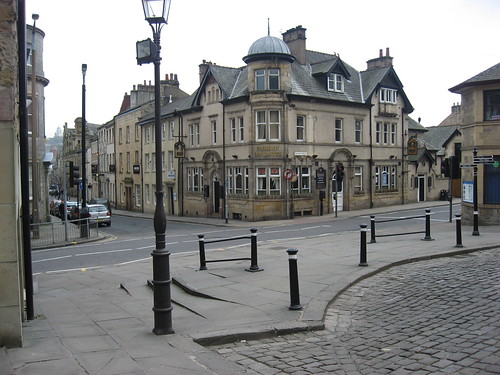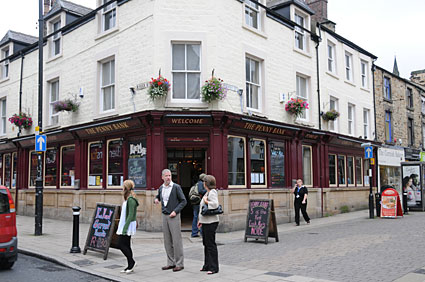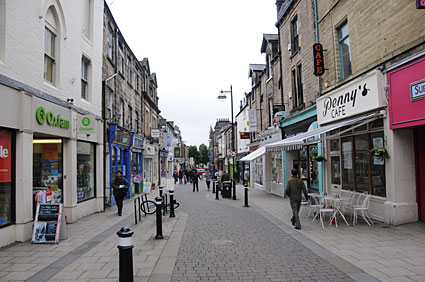So, Lord Mandelson, Prince of Darkness, Secretary for Business, and now, apparently all round “good guy” unveiled his higher education policy at the beginning of this month.
Entitled ‘Higher Ambitions’ , the framework set out a more science and technology based system, where the aforementioned sectors would be given priority with regards to funding and access.
It’s here when my position as a left leaning liberal is called into question. Mandelson’s idea is to brand universities with the same kind of traffic light system that you find on ready meals, defining their calorific content and fat etc. He wants to further expand the idea of universities as a brand. While there’s no getting away from it, universities are a business (Trinity College Cambridge recently bought the O2, no doubt), I think that this is a step too far. I find myself more in tune with the Conservative Policy than Labour on this one.
On the party website, Labour declare that “more young people are attending university than ever before”. That may be so, but does that take into account whether these extra people should be at university at all? ‘Going to Uni’ is the cool thing to do right now, and has become less a thing to aspire to, than part of the status quo. What this leads to is a huge amount of university students who really shouldn’t be there at all. Their skills are far more suited to apprenticeships, which have died out in current years, and which the Conservatives pledge to bring back.
University is a place for someone to learn, grow in knowledge, and then hopefully apply the skills learnt into an increasingly competitive job market. What Labour has done, is create an entire new class of university student. That is, who floats through their degree course, not really paying much attention, graduates, and then is suddenly lumped with thousands of pounds of debt, but crucially, without having benefited from the university system. On the whole these people would be better suited to learning practical skills. The whole reason why Polish plumbers have become an in-joke is because there are no native plumbers to fill the ranks. We now expect people to go to university, when in fact we should be taking individual cases into consideration. A huge amount of self-made entrepreneurs never went to university, and I doubt any of them regret it. We need to see what suits the individual, rather than applying generalised conventional wisdom to everyone.
That said, I still believe university in this country offers a good service for the fees paid. Tuition fees, although obviously higher than in years past, are still cheaper than the cost for one term attending some private secondary schools. A lot of it is down to how you use it. Use the facilities, books and lecturers that are on hand to offer support. More and more, it’s becoming clear that it’s what you do outside of compulsory work that counts, rather than within it.














